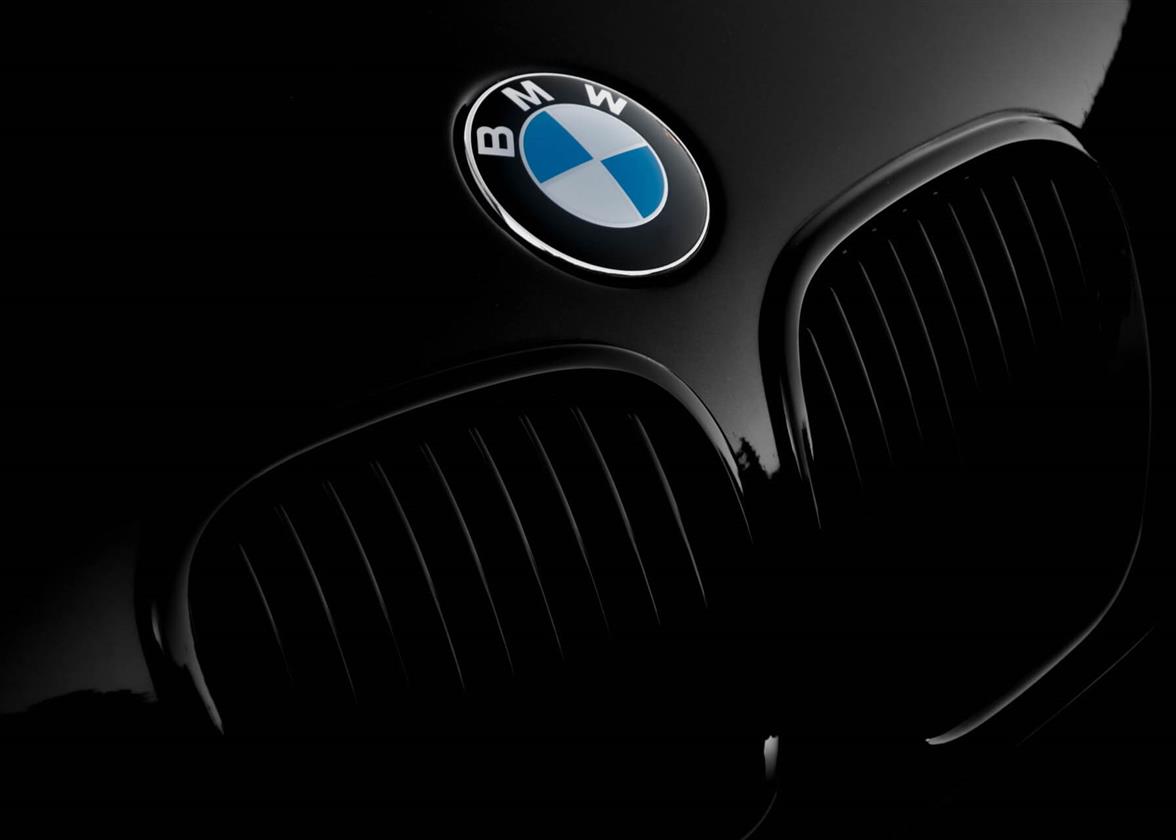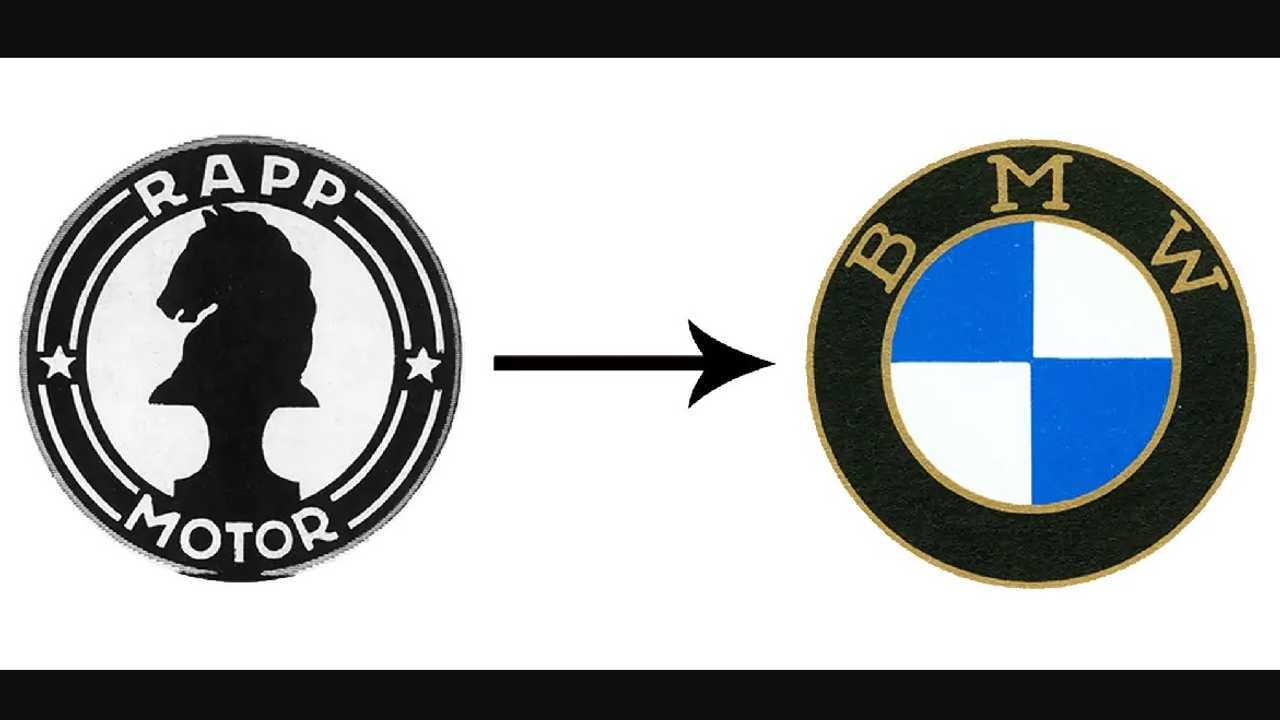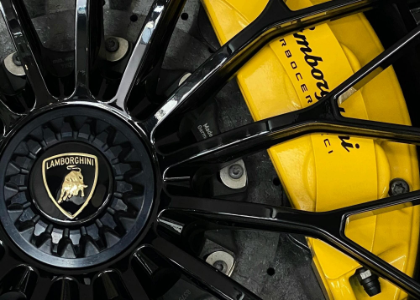Blog

The Meaning of the BMW Logo and Symbol
Some logos do not need an introduction. Their brand image has not changed over time or their message is strong and clear. This is the case for the German company BMW. Who doesn't recognize their white and blue logo? This symbol is associated with luxury, but also with the ingenuity of the German people. Have you ever thought about the inspiration is behind the BMW logo? If so, let's take a closer look at the history of this company which celebrated its 100th anniversary in 2016.
A Few Words About BMW's History and Business
What does BMW stand for? Where is this car manufacturer and brand from?
In 1916, in the state of Bavaria, Germany, BMW was founded following the merger of two companies specializing in aircraft engine manufacturing. During the First World War, Germany was not permitted to manufacture aircraft, so BMW had to find other markets to do business in. So, the company focused on the automotive industry, more precisely on motorcycle and car engines. After the Second World War, BMW decided to return to the drawing board and started creating high-performance vehicles while taking into account the post-war situation in Europe. This resulted in the company winning many awards in the decades that followed, giving it a lot of visibility and notoriety. In 1998, BMW bought Rolls-Royce and then Mini a few years later. Since then, its revenue has exceeded one billion euros per year.
What exactly does BMW mean? In German, this acronym means "Bayerische Motoren Werke". In English, it is Bavarian Motor Works.
The origin of the first BMW badge logo
What does the BMW symbol mean?
There are two main inspirations for the BMW symbol. First, is the logo (the one we know so well today) of one of the two companies that the German company founded. The Rapp Motorenwerke logo was circular in shape with a black exterior. The logo of Rapp Motorenwerke was the silhouette of the knight chess piece. When BMW was created, the shape and exterior were kept. Second, the Bavarian flag was an inspiration used to create the logo. This region of Germany where BMW was founded uses a blue and white checkered flag with a coat of arms. However, for several aesthetic and political reasons, the car manufacturer decided to inverse the color order when designing its own logo. Finally, the company name was added at the top to create a badge logo.

Source: BMW.com
Marketing the propeller emblem
Despite the explanation above, there is an urban legend regarding the origin of the BMW logo. In 1929, the German company aired an advertisement touting the quality of its aircraft engines. In the image, the propellers of the moving aircraft created an illusion representing the famous BMW emblem. Since then, many people believed that the propeller was the primary inspiration behind the engine manufacturer's brand image. The company did not consider it important to rectify the situation at the time but participated in the development of an article to explain the creation of its logo in 2010.
The BMW logo evolution over the years
What is the BMW logo now?
The BMW emblem hasn’t changed much over time, which has greatly contributed to a strong brand image. The first version from 1917 is still very similar to today's version. At the time, the thin outlines and name of the company were gold with a black background. The gold represented wealth and luxury, but also the coat of arms of Bavaria. In 1953, the gold was replaced with white. The logo was then given some minor changes to modernize it over the decades.
Among the changes over the years, there is the use of a sans-serif font. Indeed, in the first versions of the BMW logo, the brand opted for a serif font, which makes sense because they are often used with older businesses. However, since 1963, BMW has been using a sans-serif font type for the brand name. It can be used this way to represent simplicity and modernity.
Source: Adage.com
How to get inspiration from the BMW white and blue logo
There are many ways to be inspired by the BMW emblem when creating your own logo. For starters, as the basis of your brand image, you can do what this German company did and get inspiration from the location you live in. BMW was inspired by the Bavarian flag to create their logo. Why not find out about and use the state coats of your city, region or country? This can help create a sense of belonging between your customers and your brand. You just need to take into account some heraldic rules to ensure making something unique. In addition, we suggest not using more than three colors for your logo so that it remains harmonious. Blue is also a widely used color for corporate logos, because it represents trust and intelligence.
Then, do you know the symbolism of shapes? Circle-shaped logos have the advantage of giving an impression of eternity, community or unity. It can also add a traditional touch to a logo of a company that wants to be more modern. Several companies have chosen to have a round logo–just think of Starbucks or Audi. It is also important to note that the latest redesigns of these companies have focused on simplicity. We therefore advise you not add too much detail to your logo if you want to follow this trend.
In conclusion, we hope that the next time you see a BMW vehicle you will be happy to know the true story behind its logo. It seems that German company logos often have a strong brand image. Do you know the history of the Adidas and Puma logos? A long time ago, it was the same company!
More tips and tricks on the blog


